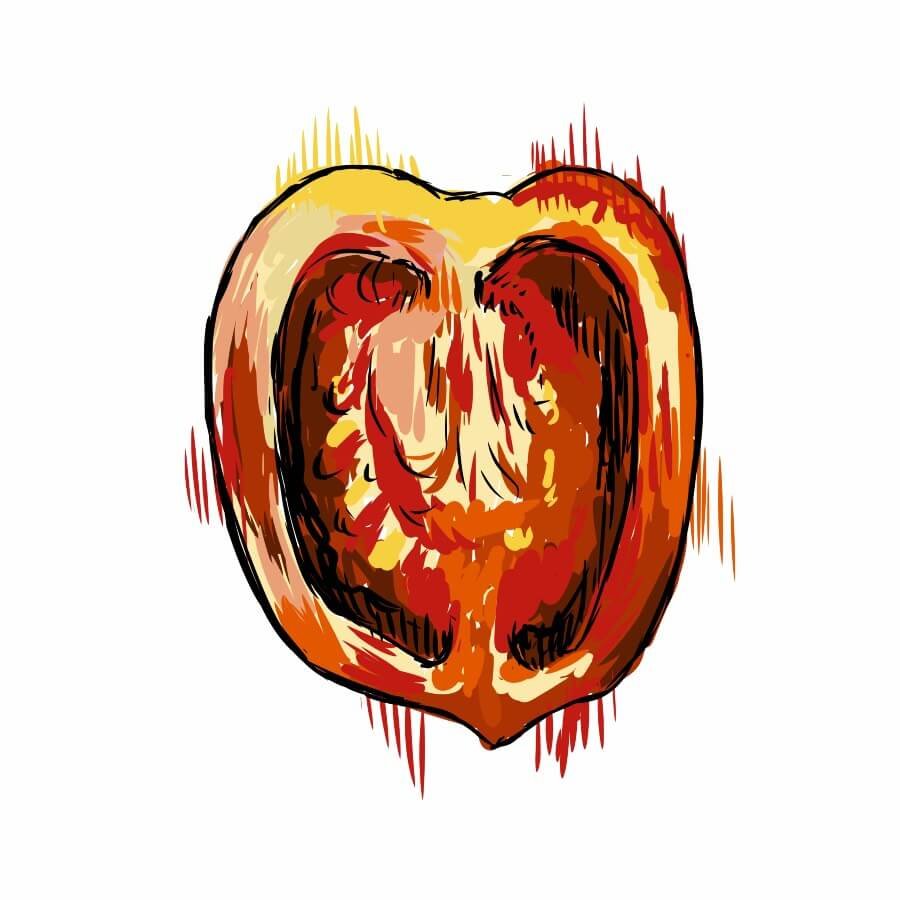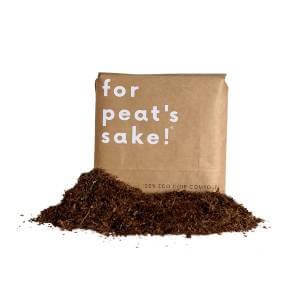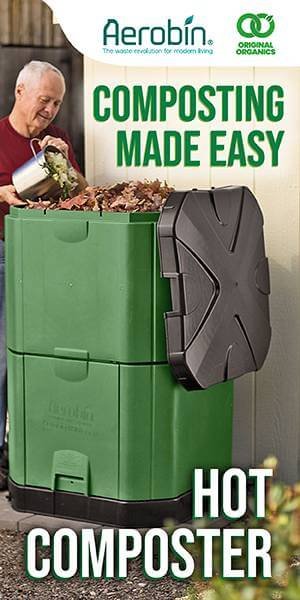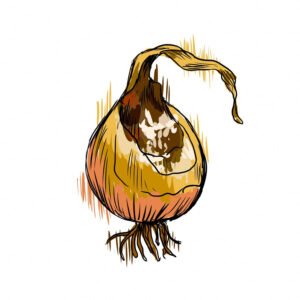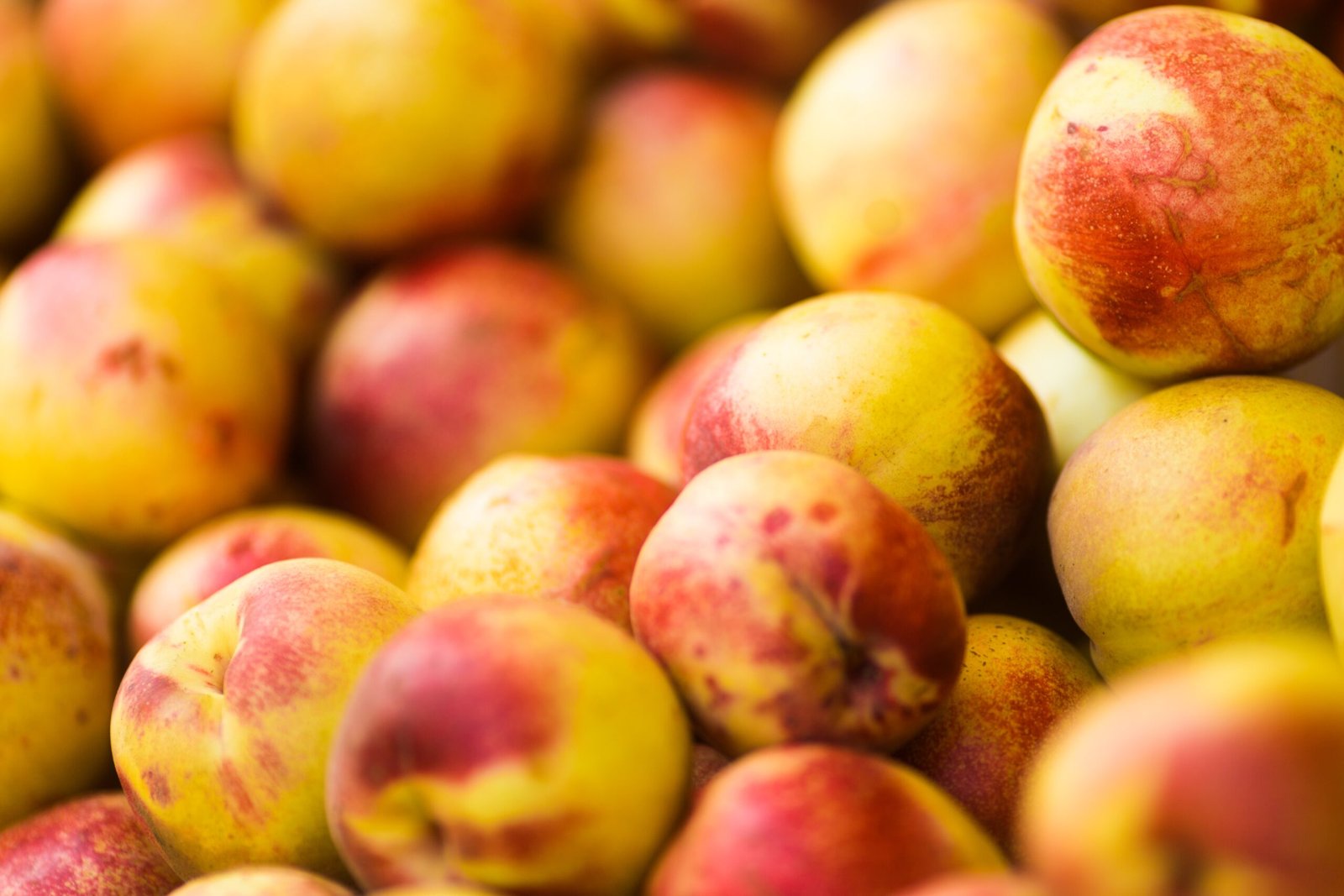When it comes to gardening, encountering unexpected conditions can be a real disappointment. One such condition is hollow heart, which often takes gardeners by surprise.
Hollow heart refers to fruits, such as cucumbers, having an empty space in the center instead of the expected flesh and seeds. In this article, we will explore the causes of hollow heart and provide solutions to prevent and address this issue in your garden.
What are the Causes of Hollow Heart / Hollow Fruit?
Rapid Growth:
Hollow heart in cucumbers is primarily caused by the rapid growth rate of the fruit, rather than poor pollination. Excessive plant growth, often triggered by factors like too much water or heat, can result in hollow heart.
Excessive Water:
When cucumbers receive an overabundance of water, their fruits can grow too quickly, leading to hollow heart. It is essential to maintain an appropriate balance of water to prevent this condition.
Summer Heat:
High temperatures, particularly between 75 and 80°F, can accelerate the growth rate of both the vines and fruits. If the growth becomes too rapid, hollow heart may occur. Providing shade or using straw mulch can help regulate the temperature and prevent hollow heart.
Excess Nitrogen:
An excess of nitrogen in the soil can cause all parts of the cucumber plant, including the fruits, to grow rapidly. If the fruits grow too fast, they may develop hollow heart. Suspending nitrogen-rich fertilizers can help control the issue.
Boron Deficiency:
Cucumbers require sufficient boron to develop properly. Sandy soils with low levels of boron may contribute to hollow heart. Amending the soil with boron through suitable sources like borax can address this deficiency.
What are the best Preventive Measures for Hollow Heart / Hollow Fruit?
Soil Testing:
Conduct a soil test before the next planting season to determine nutrient levels, including boron. Based on the results, amend the soil with organic matter and additional nutrients to ensure a balanced environment for healthy cucumber growth.
Resistant Varieties:
Consider planting cucumber varieties that are known for their resistance to hollow heart. Consult with a local agricultural extension agent for recommendations specific to your region.
Container Gardening:
Growing cucumbers in containers can allow for better control over watering and provide protection during periods of excessive rain or drought. Positioning containers under cover or using wheeled plant stands can aid in managing environmental conditions.
Proper Harvesting and Preservation:
To prevent hollow cucumbers during preservation, pickle or can them within 24 hours of picking. Prompt preservation minimizes the risk of fruit developing hollow heart.
Can You Still Eat Hollow Fruits?
While technically safe to eat, hollow fruits may have a bitter taste due to their underdeveloped state. To salvage them, you can remove the core portion and the stem ends, which are usually the most bitter parts. Finely chop the remaining flesh to make pickle relish, as the vinegar, salt, and sugar can help mask any unpleasant flavours. However, it is advisable to compost hollow fruits to make the most of their nutrients.
Hollow heart in fruits, such as cucumbers, can be attributed to factors like rapid growth, excess water, heat, nitrogen imbalances, and boron deficiency. By understanding the causes, implementing preventive measures, and making appropriate adjustments to gardening practices, you can reduce the occurrence of hollow heart in your fruits. Remember, regular soil testing, selecting resistant varieties, and optimal cultivation techniques are keys to maintaining healthy and delicious harvests in your garden.
FAQs
Here are some frequently asked questions (FAQs) about hollow heart in fruits:
Q: What is hollow heart in fruits?
A: Hollow heart refers to a condition where there is an empty space in the center of fruits, instead of the expected flesh and seeds. It is commonly observed in fruits like cucumbers.
Q: What causes hollow heart in fruits?
A: Hollow heart is primarily caused by rapid fruit growth, often due to factors such as excessive water, high temperatures, excessive nitrogen in the soil, or boron deficiency.
Q: Can hollow fruits be eaten?
A: While hollow fruits are technically safe to eat, they often have a bitter taste due to their underdeveloped state. It is recommended to remove the core and stem ends, and use the remaining flesh for purposes like pickling or relish.
Q: How can I prevent hollow heart in my fruits?
A: To prevent hollow heart, maintain a balanced growing environment by avoiding excessive water, providing shade or mulch to regulate temperature, controlling nitrogen levels in the soil, and ensuring sufficient boron by amending the soil if necessary. Regular soil testing, planting resistant varieties, and proper cultivation techniques are also helpful preventive measures.
Q: Can I still use hollow fruits for preserving or cooking?
A: Yes, hollow fruits can still be used for preservation or cooking, but it is advisable to remove the bitter parts (core and stem ends) before incorporating them into recipes. Utilising them for pickling or relish preparations can help mask any unpleasant flavours.
Q: Should I compost hollow fruits?
A: Yes, composting hollow fruits is a good idea, as it allows you to recycle nutrients back into your garden soil. Composting also helps maintain a healthy garden ecosystem.
Q: How can I determine if the fruits have hollow heart before harvesting?
A: Unfortunately, hollow heart is not apparent until the fruit is cut open. However, monitoring factors like watering, temperature, and soil nutrient levels can help reduce the risk of hollow heart occurrence.
Q: Are certain fruit varieties more susceptible to hollow heart?
A: Yes, certain fruit varieties, including specific cucumber varieties, may be more prone to hollow heart. Consult with local agricultural extension agents or nurseries for recommendations on resistant varieties suitable for your area.
Q: Can weather conditions contribute to hollow heart in fruits?
A: Yes, weather conditions like excessive heat and fluctuating watering patterns can accelerate fruit growth and increase the likelihood of hollow heart. Providing adequate shade and proper watering can help minimize this risk.
Q: Should I be concerned if I occasionally find hollow fruits in my garden?
A: Occasional occurrence of hollow fruits is normal and can be attributed to various factors. Implementing preventive measures and adjusting gardening practices can help reduce the frequency of hollow heart in your harvest.
Remember, understanding the causes and taking appropriate preventive measures can help reduce the occurrence of hollow heart in your fruits, leading to healthier and more enjoyable harvests.


